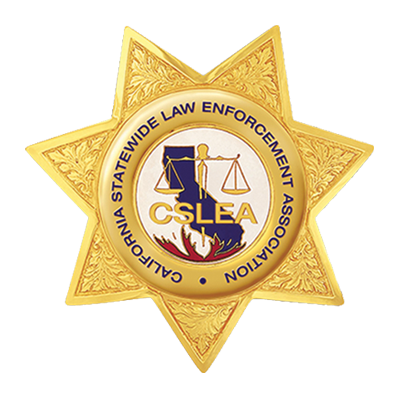Pursuant to Article 10.A2(c) and (d) of the Unit 7 Contract (and similar provisions covering other bargaining units), employee who have qualifying health coverage through sources other than the State are eligible of a monthly cash in-lieu benefit. The monthly amount is $155 for employees who opt out of the State health and dental plans and $130 for those who opt out of the health plan only. In May and June 2015, CalHR announced that due to requirements in the Affordable Care Act (ACA), employees who had health care coverage through TRICARE, Medicare, Medi-Cal or Covered California would no longer be eligible for the cash in-lieu benefit as these plans did not meet the definition of qualifying health coverage as they were deemed by CalHR to be individual as opposed to group plans. CalHR claimed that the IRS prohibited the State from offering cash to employees participating in individual plans. Although the determination did impact a number of Unit 7 employees who were participating in such plans, given the mandates of the ACA to ensure minimum coverage requirements, the change did not appear to be inconsistent with what was required by federal law.
In bargaining in the spring of 2019, CalHR passed a proposal which would have eliminated CSLEA’s right to grieve any modification to health care coverage which was deemed to be necessary as exclusively determined by CalHR. The proposal was a red flag which caused CSLEA to research the motivation for the requested change. CSLEA Sr. Counsel Ryan Navarre discovered that a dispute over the elimination of the cash in-lieu benefit had been twice litigated by the California Attorneys, Administrative and Hearing Officers in State Employment (CASE). Two separate arbitrators (as well as a Superior Court judge on appeal) had ruled that CalHR violated the CASE MOU by eliminating the cash in-lieu benefit and had failed to furnish any legal authority that demonstrated the elimination was necessitated by federal law.
When confronted with the evidence of the CASE litigation, CalHR’s outside spokesperson for negotiations claimed she was unaware of these cases and did not understand the motivation for the proposed change in language. Although the conduct arguably constituted an unfair labor practice, CSLEA opted to take the spokesperson at her word but rejected the proposed language. The parties agreed to maintain the existing language and CalHR agreed to furnish federal legal authority which necessitated the elimination of the cash in-lieu benefit.
When CSLEA discovered the CASE litigation it shared the information with the law firm of Messing, Adam and Jasmine (MAJ) which represents Cal Fire Local 2881, the union representing State firefighters in Bargaining Unit 8. When CalHR failed to furnish the promised legal authority, MAJ filed a grievance on behalf of CSLEA and Local 2881. As a result of CalHR’s decision to deny the grievance, the matter was submitted to binding arbitration before Arbitrator Katherine J. Thomson. The parties participated in arbitration proceedings on August 25-26, 2021, and submitted post-hearing briefs.
On February 7, 2022, Arbitrator Thomson issued an Opinion and Award denying the grievance. As a preliminary matter, the arbitrator found that the grievance was timely as it was the discovery of the CASE litigation which allowed some State employees to again begin receiving the cash in-lieu benefit while CSLEA and Local 2881 members did not which triggered the dispute. In strained reasoning, the arbitrator ruled that the unions had failed to furnish legal authority which demonstrated that the elimination of the cash in-lieu benefit was not required by federal law. This ruling is somewhat absurd given that it was CalHR which claimed the authority for the elimination of the benefit existed, but failed to provide it during the arbitrations with CASE or subsequent to negotiations and in the grievance process leading up to arbitration. Although the burden of proof in the grievance process is generally on the union, CSLEA and Local 2881 did meet its burden by submitting evidence of the unilateral change without any legal authority to support the change.
CSLEA Chief Counsel Kasey Clark expressed disappoint in the ruling: “Unfortunately, the arbitrator rejected to apply the same reasoning her colleagues had clearly articulated in the prior arbitrations. The result leads to the absurdity that unless CalHR agrees to restore the benefit to CSLEA and Local 2881 in future negotiations, there will be a disparity in some State employees being eligible for the benefit while others will not. This decision is the equivalent of a blown call which affects the outcome of the game.”
A copy of the decision may be accessed here.
If there are any questions, please email kclark@cslea.com



